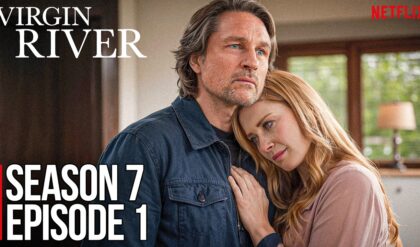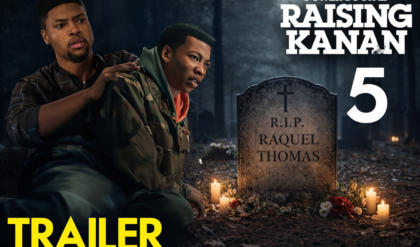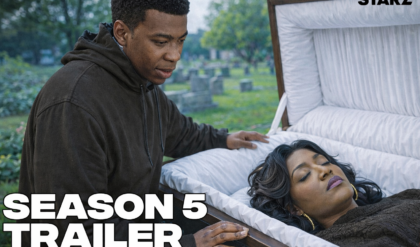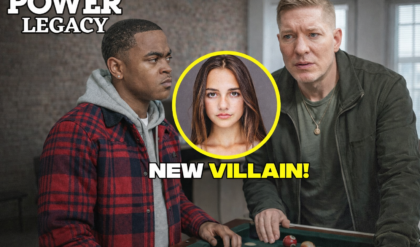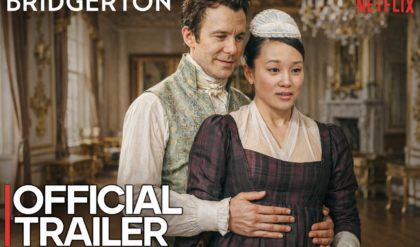As The Witcher 3: Wild Hunt celebrates its tenth anniversary, it remains a towering achievement in gaming, not just for its sprawling open world or gripping narrative, but for its unparalleled ability to make players feel the weight of their choices. Released on May 19, 2015, by CD Projekt Red, this action RPG thrust players into the boots of Geralt of Rivia, a grizzled monster hunter navigating a morally complex world. A decade later, it’s still lauded as one of the few games that can evoke genuine guilt, forcing players to confront the consequences of their decisions in ways that linger long after the credits roll. What makes The Witcher 3 so effective at stirring these emotions, and why does it continue to resonate with gamers in 2025?
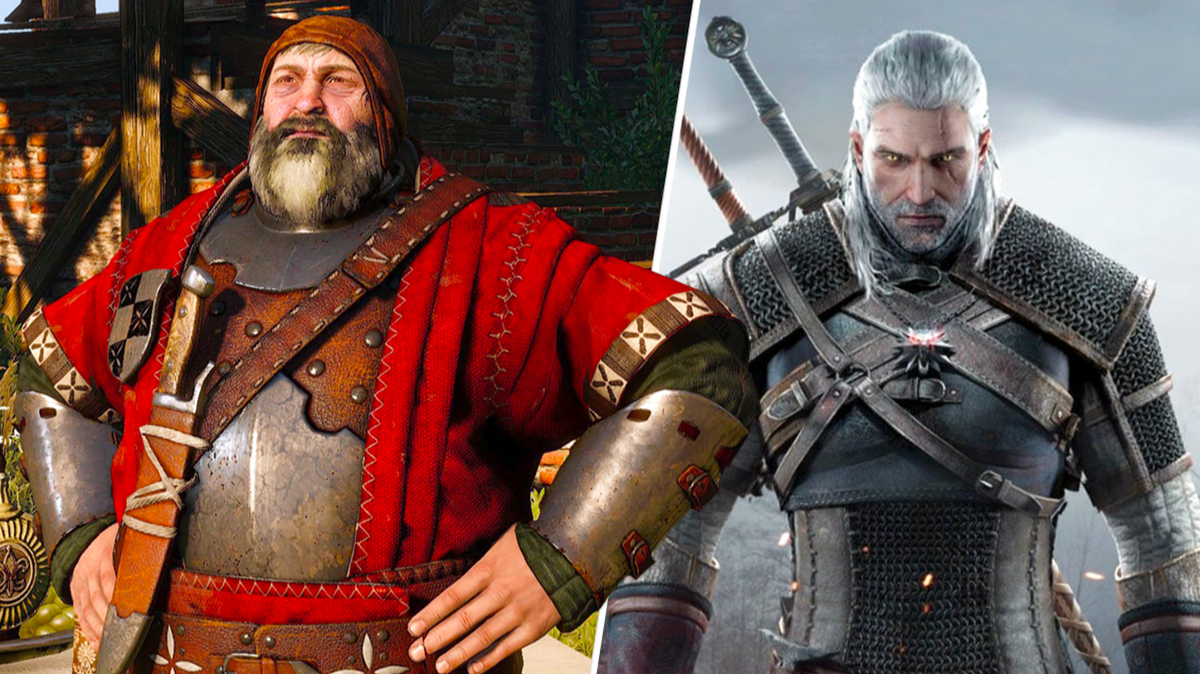
The Witcher 3’s world is a tapestry of beauty and brutality, inspired by Andrzej Sapkowski’s novels and brought to life with meticulous detail. From the windswept cliffs of Skellige to the war-torn streets of Novigrad, every location feels alive, populated by characters whose lives are shaped by the player’s actions. Unlike many RPGs that offer binary “good” or “evil” choices, The Witcher 3 thrives in moral ambiguity. Decisions often lack clear right or wrong answers, and their outcomes can unfold hours or even dozens of hours later, making the stakes feel deeply personal. This design philosophy taps into a unique aspect of gaming: the player is not just a spectator but an active participant, responsible for the ripple effects of their choices.
One of the most cited examples of this emotional weight is the Bloody Baron questline, often hailed as a storytelling pinnacle. Early in the game, players meet Phillip Strenger, a gruff warlord whose wife and daughter have gone missing. At first, he seems a sympathetic figure, desperate to reunite his family. But as Geralt investigates, a darker truth emerges: the Baron’s alcoholism and abusive behavior drove his family away. Players must navigate a web of choices—whether to help the Baron, confront his actions, or pursue alternative paths that could aid his wife, Anna, or the mysterious spirits of Crookback Bog. The outcomes are rarely clean. One choice might lead to the Baron’s redemption but at a devastating cost to others, while another could save Anna but doom the Baron to despair. The quest’s climax, where the consequences of these decisions come to light, often leaves players grappling with guilt over unintended tragedies, such as the loss of innocent lives or the Baron’s own fate.
This sense of guilt stems from the game’s ability to make choices feel human and relatable. Unlike games with grandiose moral dilemmas, such as Fallout 3’s decision to destroy or save a town, The Witcher 3 excels at grounding its choices in everyday struggles. For instance, a seemingly minor decision to accept a bribe or spare an enemy can alter a character’s fate or shift the political landscape. In one side quest, players encounter Keira Metz, a sorceress who invites Geralt to join her on a mission. What begins as a flirtatious adventure can spiral into betrayal or tragedy depending on how players handle her ambitions. Choosing to trust or oppose her might save lives or condemn her to a grim fate, leaving players to wonder if they could have done better. These small, personal choices mirror real-life decisions, where outcomes are rarely predictable, and the game’s narrative design ensures players feel the weight of their agency.
The Witcher 3’s emotional depth is amplified by its character relationships. Geralt’s bonds with characters like Ciri, Yennefer, and Triss are built on nuanced writing and voice acting that make them feel real. When players make choices that strain these relationships—such as pursuing a romance that conflicts with Geralt’s history or failing to support Ciri in a critical moment—the fallout is palpable. For example, the game’s romance options are not just about picking a partner but about navigating trust and commitment. Players who pursue both Yennefer and Triss, hoping to avoid choosing, are met with a scene where both sorceresses reject Geralt, leaving him (and the player) to face the consequences of indecision. This moment, while lighter than some, underscores the game’s commitment to making players accountable for their actions, fostering a sense of responsibility that can feel uncomfortably personal.
The game’s ability to evoke guilt is also tied to its immersive world-building. The Witcher 3 doesn’t shy away from the harsh realities of its medieval-inspired setting. War, poverty, and prejudice are ever-present, and players often face choices where no outcome feels truly “good.” In the quest “A Towerful of Mice,” players must decide whether to help a cursed spirit or protect the living, with both options leading to loss. The game’s refusal to offer easy answers forces players to confront their values, asking whether they prioritize loyalty, justice, or pragmatism. This moral complexity is why many players report feeling guilty even when they make what seems like the “right” choice at the time, as the game reveals the unintended consequences later.
Technologically, The Witcher 3 was ahead of its time, and its 2022 next-gen update for PS5 and PC ensured it remains visually stunning in 2025. Ray-tracing, enhanced textures, and improved performance make the game feel modern, but it’s the storytelling that keeps players returning. Posts on platforms like X highlight its enduring impact, with fans sharing how the game’s choices still haunt them a decade later. One user described the Bloody Baron quest as “a punch to the gut,” while another noted how the game’s moral dilemmas made them rethink their approach to real-life decisions. These sentiments reflect The Witcher 3’s rare ability to transcend entertainment and spark introspection.
The game’s influence on the RPG genre is undeniable. Titles like Baldur’s Gate 3 and Dragon’s Dogma 2 owe a debt to The Witcher 3’s narrative ambition, but few have matched its emotional resonance. CD Projekt Red’s commitment to player-driven storytelling set a new standard, showing that games could be as emotionally complex as literature or film. The Hearts of Stone and Blood and Wine expansions further elevated the game, with the former’s tale of Gaunter O’Dimm exploring themes of morality and sacrifice, and the latter’s vibrant Toussaint region offering a bittersweet farewell to Geralt’s journey. These expansions reinforced the game’s reputation for delivering choices that linger, such as deciding the fate of a cursed prince or a vampire friend.
Despite its age, The Witcher 3 remains relevant because it taps into universal human experiences—regret, responsibility, and the struggle to do right in a flawed world. Its combat, while occasionally criticized for being clunky, is overshadowed by its narrative strengths. Players don’t just control Geralt; they inhabit his dilemmas, weighing the cost of every word and action. This sense of agency is what makes the guilt so potent. Unlike a novel or movie, where guilt is observed, The Witcher 3 makes players the architects of their own remorse, forcing them to live with the outcomes.
As anticipation builds for The Witcher 4, set to feature Ciri as the protagonist, fans are eager to see if CD Projekt Red can recapture this magic. The Witcher 3’s tenth anniversary has prompted reflection on its legacy, with developers from the studio sharing insights into their approach to choice and consequence. They emphasized creating decisions that feel organic, where even small actions can have far-reaching effects. This philosophy is why The Witcher 3 still feels fresh, even as newer games push technical boundaries.
For many, The Witcher 3 is more than a game—it’s a mirror reflecting the complexities of human nature. Its ability to make players feel guilty isn’t a flaw but a feature, a testament to its storytelling prowess. Whether it’s the Baron’s tragic arc, a betrayed friend, or a village lost to a poor choice, the game’s emotional impact endures. As players revisit Geralt’s world or introduce it to new generations, The Witcher 3 continues to challenge, captivate, and haunt, proving that a decade later, its heart still beats as fiercely as ever.
